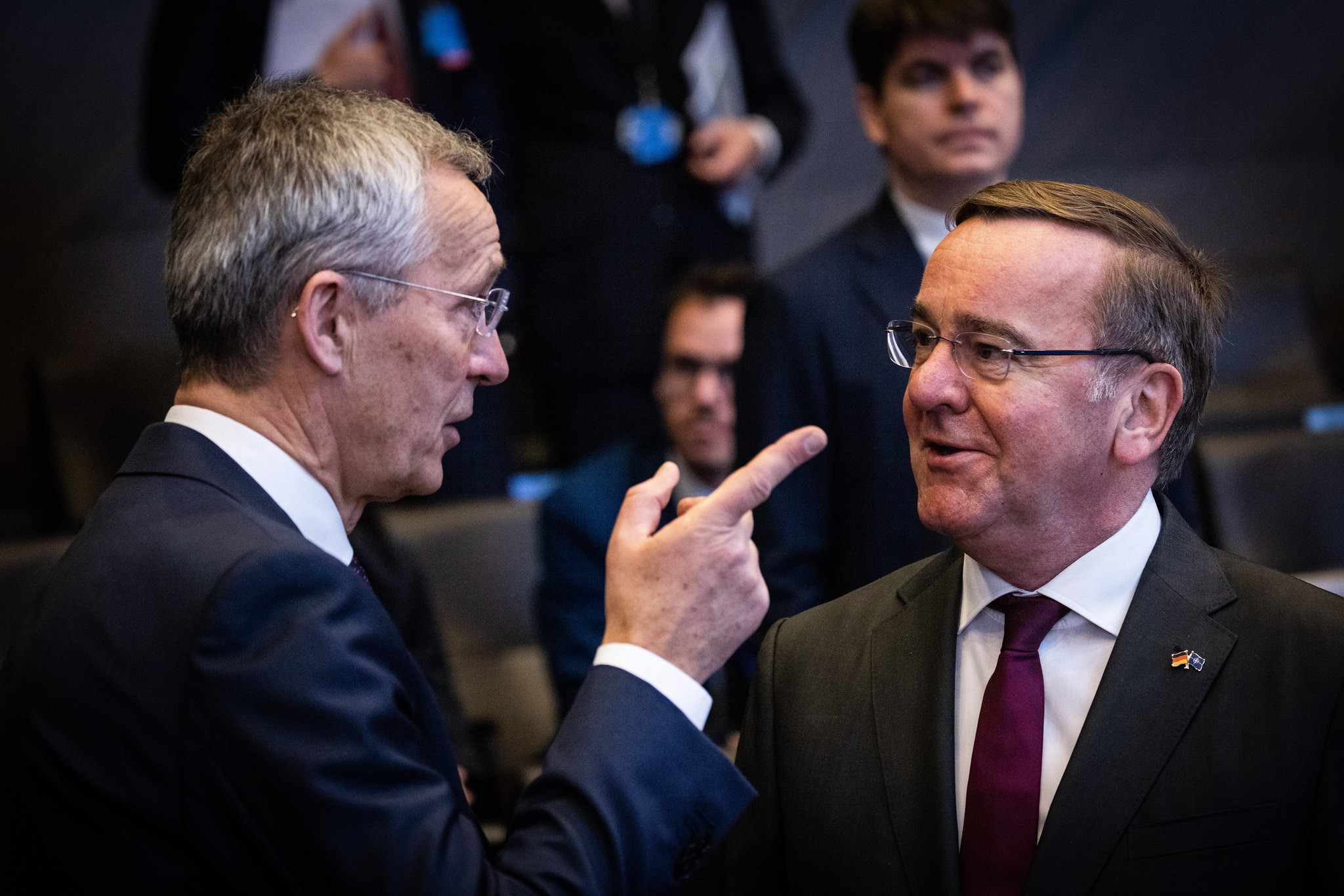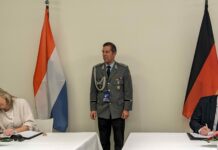German Defence Minister Boris Pistorius believes Germany should spend at least 2% of its gross domestic product (GDP) on the Bundeswehr. For the 2024 financial year (FY24), implementing this demand would mean a defence budget of EUR 84 Bn.
Speaking prior to the start of a meeting of NATO defence ministers in Brussels on 15 February 2023, Pistorius said: “I think just wanting to get closer to 2% target will not be enough.” This can only be the basis for everything else, the defence minister added.
With this statement Pistorius agrees with the demands of NATO Secretary General Jens Stoltenberg, who has been advocating for some time that member states should not regard the 2% target as the maximum fulfilment of their NATO commitment but as a minimum. In 2014, at the NATO summit in Wales, the member states committed to spending 2% of their GDP on defence. So far, only a few countries meet this target; Germany is not among them.

In the FY23 the German Ministry of Defence (BMVg) will have approximately EUR 50 Bn at its disposal out of a federal budget of almost EUR 476 Bn. This means that the defence budget takes up about 10.5% of federal funds. In addition, the BMVg has at its disposal the EUR 100 Bn special fund of the Bundeswehr, the actual purchasing power of which continues to dwindle.
In the course of the coming years, the special fund is to be used in particular for the procurement of major programmes, since the normal budget does not contain sufficient financial resources to cover the Bundeswehr’s declared needs. Of the EUR 50 Bn in the defence budget, only EUR 7.7 Bn is available for military procurement. The majority of Section 14, as the defence budget is also called, is needed to cover the running costs of personnel, material and infrastructure. With the planned increases in personnel and the new weapon systems to be acquired, the cost of these will also continue to rise, which will have to result in an increase in Section 14 if the Bundeswehr is to become fully operational again.
Against this background it is not surprising that Pistorius is advocating an increase in the defence budget. Earlier in February 2023 German newspaper Der Spiegel reported that Pistorius called for an increase of EUR 10 Bn in Section 14 for the 2024 budget. This would make the defence budget for 2024 about EUR 60 Bn. The level of funding to be added from the special fund would depend on how quickly the Bundeswehr Procurement Office (BAAINBw) could conclude the necessary contracts with industry.
According to the Federal Ministry of Finance, the predicted German GDP for 2024 has a nominal value of approximately EUR 4.2 Tn. If the German government wanted to meet NATO’s 2% target as early as 2024, total defence spending would accordingly have to amount to EUR 84 Bn: a sum that, according to Pistorius, would have to be the basis for financing the Bundeswehr.
It is not very likely that Section 14 will reach this figure in 2024. For one thing, according to Der Spiegel, Pistorius will not be granted an additional EUR 10 Bn by German Finance Minister Christian Lindner. Secondly, the BAAINBw would probably not have the capacity to convert these sums into contracts with industry, as there are already problems spending the existing funds in a timely manner.
Ole Henckel












